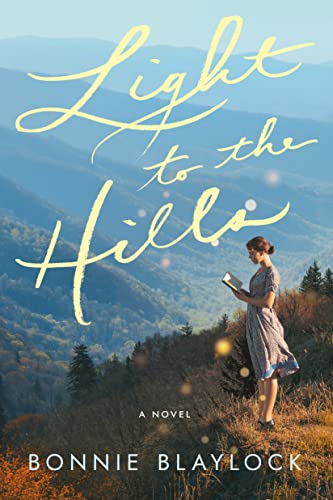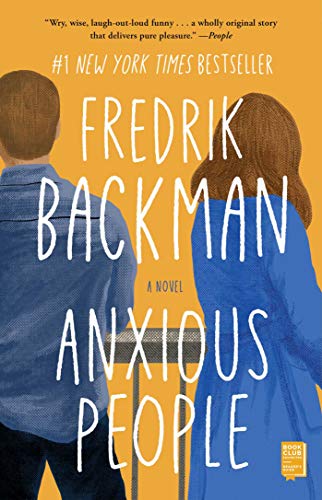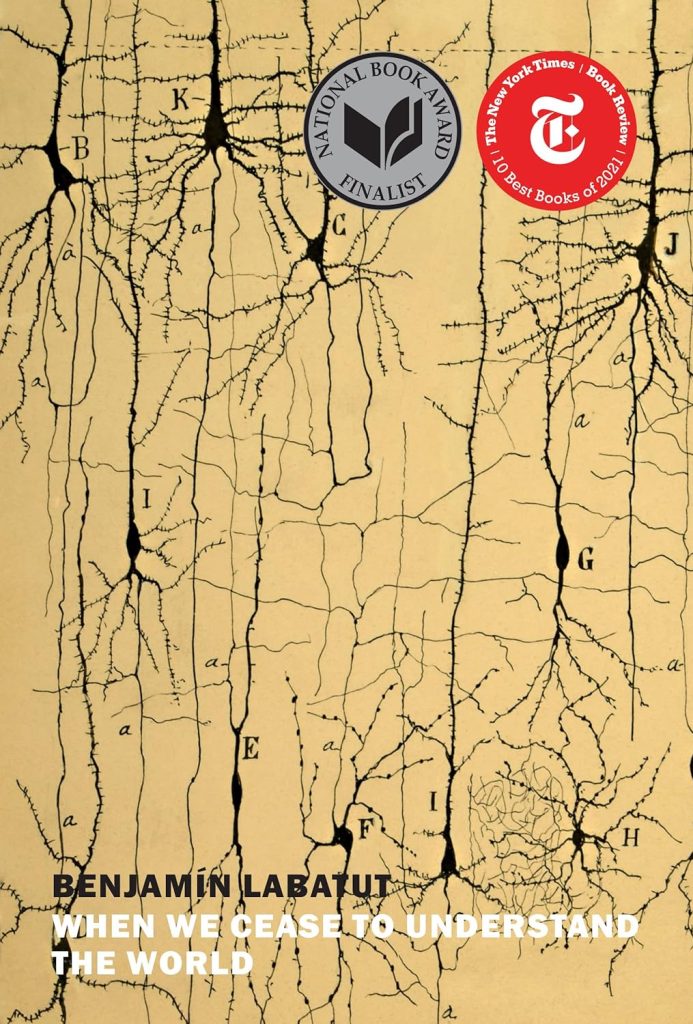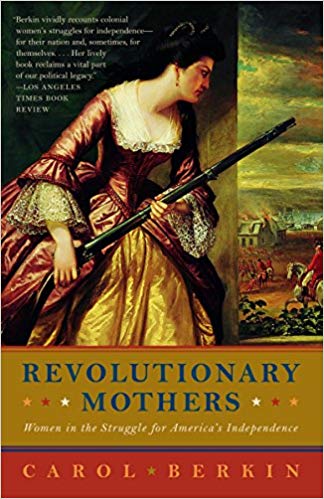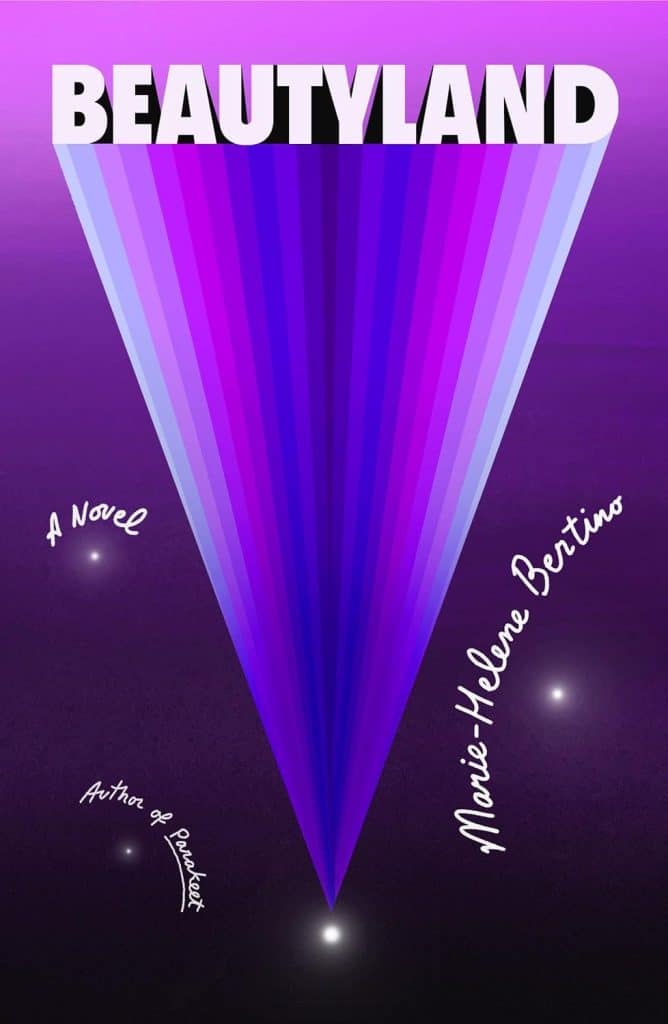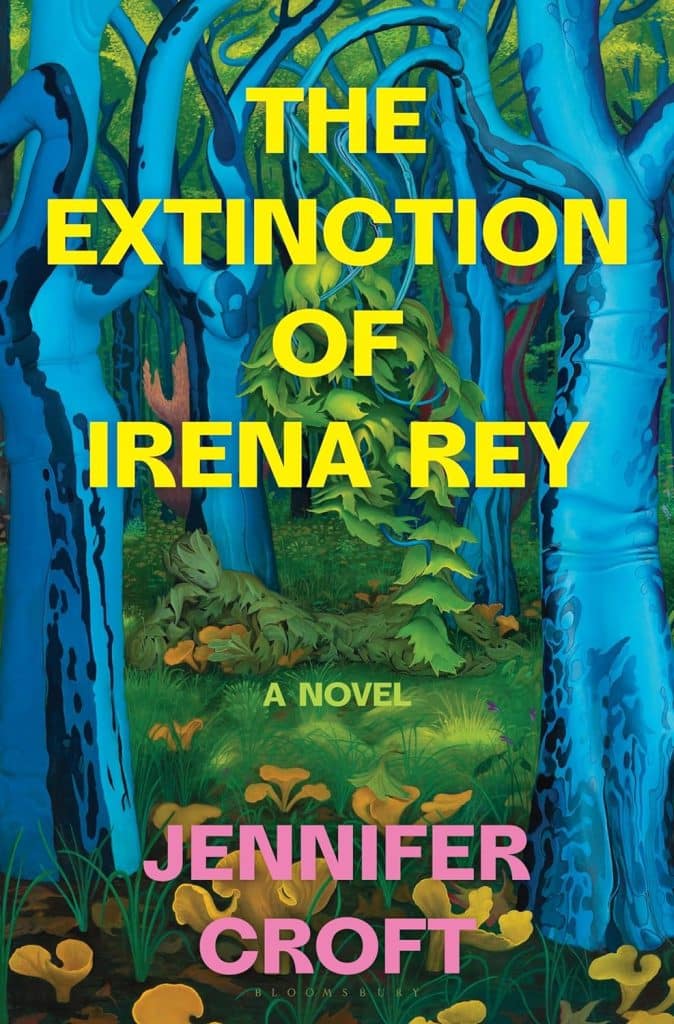
Help Me Help, Jan
Estimated reading time: 10 minutes, 41 secondsJan’s Health Deteriorates
“Jan, I love you! I am here to help you out of bed,” I said beside her. It was 4 am on the second of April, and I had been trying to help her get out of bed for over two hours. We had already done this twice since 10 pm.
You need to work with me to get to the bathroom.
“I am helping.”
“Honey, you have not moved at all.”
Jan slowly rolled over toward me as I lifted the sheets off her.
I used my right hand to lift her while holding onto the walker.
“I can’t do this,” she moaned.
“You said you needed to go to the bathroom, and I am here to help.”
Pain painted her face with streaks of fear.
“Let me lift you into a sitting position.”
“I’m too heavy.”
“You are not too heavy. You are the love of my life. I can do it.”
I lifted her so she could sit on the bed.
My back hurt, but I did not want to admit it.
“All we need to do now is get you to stand up.”
Standing before the walker, I reached for her arms to help her slide off the bed.
“Take it slow and easy.”
“I am afraid.”
“Just sit for a minute.”
I moved the walker to my left and stood in front of her.
“I will lift you, and once you are standing, I will position the walker for you.”
Jan screamed as I placed my arms under her and lifted her.
I am not trying to hurt you,” I cried.
I was able to get her feet on the floor, but my back hurt. I bit my lip to hold back a primal scream.
“Here is the walker; let’s move slowly to the bathroom.”
After almost 48 years, I recently lost my wife, Jan Lilien. Like The Little Prince, Jan and I believed that “The most beautiful things in the world cannot be seen or touched, they are felt with the heart.” This blog is a collection of my random thoughts on love, grief, life, and all things considered.


